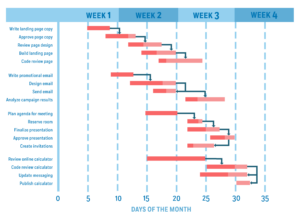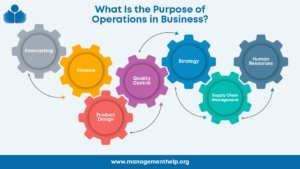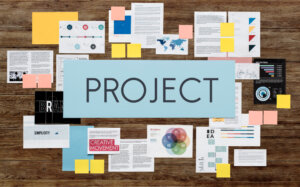Whenever we plan, there are unlimited opportunities for us to make assumptions (consciously or otherwise).
Highly successful project managers (that rare breed?) recognise this acutely and most importantly, the potential impact that even the simplest looking assumption can have on a project. Recognising and capturing assumptions, thereby enabling us to test selected assumptions, can be one of the most important things we do on certain types of projects.
What is an assumption in the context of a project?: it could simply be not asking a question (early enough or even at all) in the project lifecycle resulting in, for example, incorrect or invalid design or product definition decisions.
It is very possible for a single (un-tested) assumption to cause major issues or re-work late in a project cycle – that’s why the ears of a experienced successful project manager will always come alive when they hear conversations among project team members that may contain key assumptions.
It’s a very challenging but can also be hugely important area – so my question is: what examples and methods do people use for identifying assumptions in projects?
—————————
For more resources, see the Library topic Project Management.
————————————————————————
Kevin Lonergan with Project Management Informed Solutions helps clients improve capability to deliver projects and programs, by providing process assets and skills transfer.
 Sections of this topic
Sections of this topic















